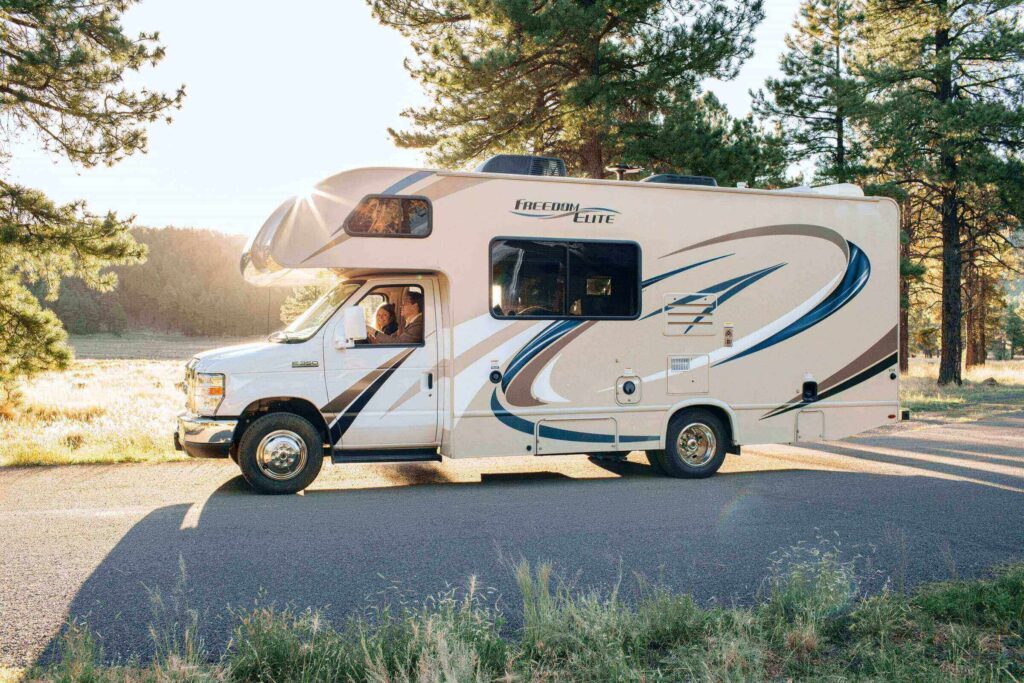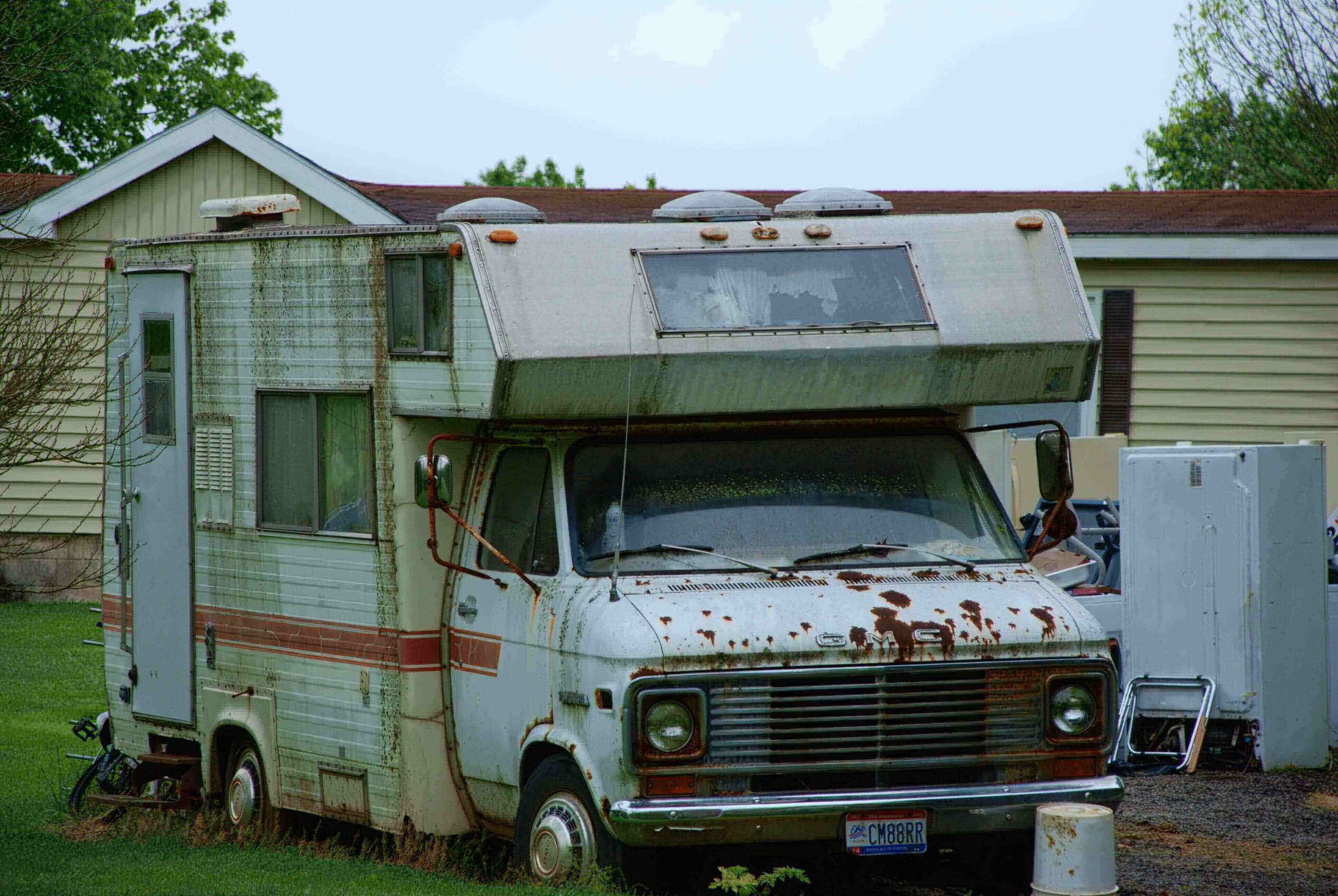Heading out on an RV adventure is an exciting way to explore new places, connect with nature, and create lasting memories with family and friends. But, as any seasoned RVer knows, maintaining and repairing your RV while on the road is all part of the journey. Unexpected issues like flat tires, brake problems, electrical glitches, or plumbing leaks can put a damper on your road trip. To ensure a smooth and safe RVing experience, it’s essential to be prepared and have some fundamental mobile RV repair tips up your sleeve. Let’s dive into these tips in a friendly, conversational manner to help you keep your RV in top shape and avoid costly breakdowns that can put a hitch in your plans.
Tire Maintenance for RVs
Let’s start with the unsung heroes of your RV, the tires. They bear the weight of your home on wheels and are your anchor to the road. Regular tire inspections are a must. Look for signs of damage, wear, or underinflation. Also, check those lug nuts to make sure they’re securely fastened. Before each trip, grab a tire pressure gauge and inflate your tires to the recommended pressure, which you can find in your owner’s manual or on the door sticker. Always carry a spare tire, a jack, and a tire repair kit in case you face a flat tire. If you notice any uneven wear, vibrations, or wobbling while driving, it might be time for professional tire balancing or alignment.
Brake System Check for Your RV
Now, let’s talk about brakes, a critical safety component. Regularly check your brake fluid level and top it off if needed. Inspect the brake pads, rotors, drums, and lines for any wear or damage. If you hear unusual sounds while braking (squeaking, grinding, or pulsating), or if your brake pedal feels off (spongy or hard to press), it’s a sign that your brakes might need professional attention. Don’t forget to test your brake lights and turn signals before each journey to ensure they’re functioning correctly.
Taking Care of Your RV’s Engine
Your RV’s engine is its heart, and keeping it in tip-top shape is essential for a smooth ride. Regular oil changes, every 3,000 to 5,000 miles, or per your manufacturer’s recommendations, are a must. Keep an eye on the air filter, fuel filter, coolant, and spark plugs, replacing them as needed. Inspect belts, hoses, wires, and connections for wear or damage. If you ever notice leaks, excessive smoke, overheating, or loss of power while driving, don’t hesitate to have your engine checked by a professional mechanic.
Maintaining Your RV’s Electrical System
The electrical system in your RV powers everything from lights to appliances. Ensure your battery is regularly checked and maintained, keeping it fully charged and clean. Don’t forget to inspect your fuses and breakers for any blown or tripped ones, and replace them if necessary. Make it a routine to examine your wiring and cords for fraying or damage. If you experience any electrical problems or failures, it’s a sign to call in a professional for diagnosis and repair.
Plumbing and Water System
Your RV’s plumbing and water system are your lifelines on the road. Check the water tank regularly, filling it up with clean water before each trip. Examine your water pump, faucets, showerhead, toilet, and drains for leaks or clogs. Once a year, sanitize your water system by adding bleach to the tank, running it through all faucets until you smell bleach, and then thoroughly flushing the system. Regularly empty your black and gray tanks at designated dump stations and flush them with water to prevent odors and buildup.
Maintaining RV Appliances
Your RV’s appliances are the unsung heroes of comfort and convenience on your journey. Ensure they’re in top shape. Some common appliances that require maintenance include:
Refrigerator: Check the seals for cracks or gaps that could cause air leakage. Adjust the temperature settings if needed and clear any vents of blockages.
Air Conditioner: Monthly, clean the filters and replace them if dirty or damaged. Keep an eye on the coils for dirt or dust that can reduce efficiency, and check the drain pan for leaks or clogs.
Furnace: Monthly, clean the filters and replace if necessary. Ensure vents are clear, and check the pilot light for any ignition or flame issues.
Water Heater: Annually, inspect the anode rod and replace it if corroded. Check the pressure relief valve for leaks, and examine the burner for dirt or rust that could affect the flame.
Generator: Monthly, check the oil level and change it every 100 hours of use or according to manufacturer recommendations. Also, inspect and replace the air filter if needed, and check the spark plug annually.
Emergency Kit for Your RV
No matter how prepared you are, unexpected events can happen. Having a well-stocked emergency kit can be a lifesaver. Your kit should include:
First Aid Kit: Stocked with essentials like bandages, gauze, antiseptics, pain relievers, scissors, and tweezers.
Tools: A versatile toolkit, including a hammer, screwdriver, pliers, wrench, duct tape, and more.
Flashlight: With extra batteries and bulbs.
Fire Extinguisher: Ensure it has a gauge and is within its expiration date.
Jumper Cables: With clamps and clear instructions
Flares: Complete with matches and a holder.
Roadside Assistance: Keep a phone number and membership card handy.
Spare Keys: Don’t forget keys for your RV and tow vehicle.
Water and Food: Keep at least one gallon of water per person per day, along with nonperishable food items that can last for several days.
Blankets and Clothing: These provide comfort and protection in varying weather conditions.
Maps and Documents: Include maps of your travel area and destination, as well as copies of important documents like your driver’s license, registration, and insurance.
Professional RV Repair Services
Despite your best efforts, sometimes RV issues are too complex to tackle on your own. In such cases, it’s wise to seek professional RV repair services from a reputable and reliable company. These professionals offer.
Expertise: Certified technicians who can diagnose and repair any RV problem.
Quality: They use original manufacturer parts and adhere to industry standards and best practices.
Convenience: Many offer mobile RV repair services that come to your location to fix your RV onsite.
Warranty: They often provide warranties on their workmanship and parts for your peace of mind.

RV Maintenance Schedule
To keep your RV roadworthy and your travels worry-free, it’s wise to establish a regular RV maintenance schedule. Here’s a sample schedule you can follow:
Before Each Trip: Check tire pressure and lug nuts; inspect brake lights and turn signals, verify battery charge and connections; examine water tank level and quality; assess propane tank level and connections; ensure appliances are operating correctly; and scrutinize fuses and breakers for issues.
Monthly: Clean the air conditioner filter, wash the awning and apply UV protectant, run the generator for at least two hours under load, check engine oil level and quality, and assess transmission fluid level.
In conclusion
Keeping your RV in top shape is essential for worry-free travel. When it comes to professional RV maintenance, Tucson Mobile RV Repair is your best choice. Their experienced technicians and convenient mobile services ensure you’re always ready for the next adventure. Happy travels!

